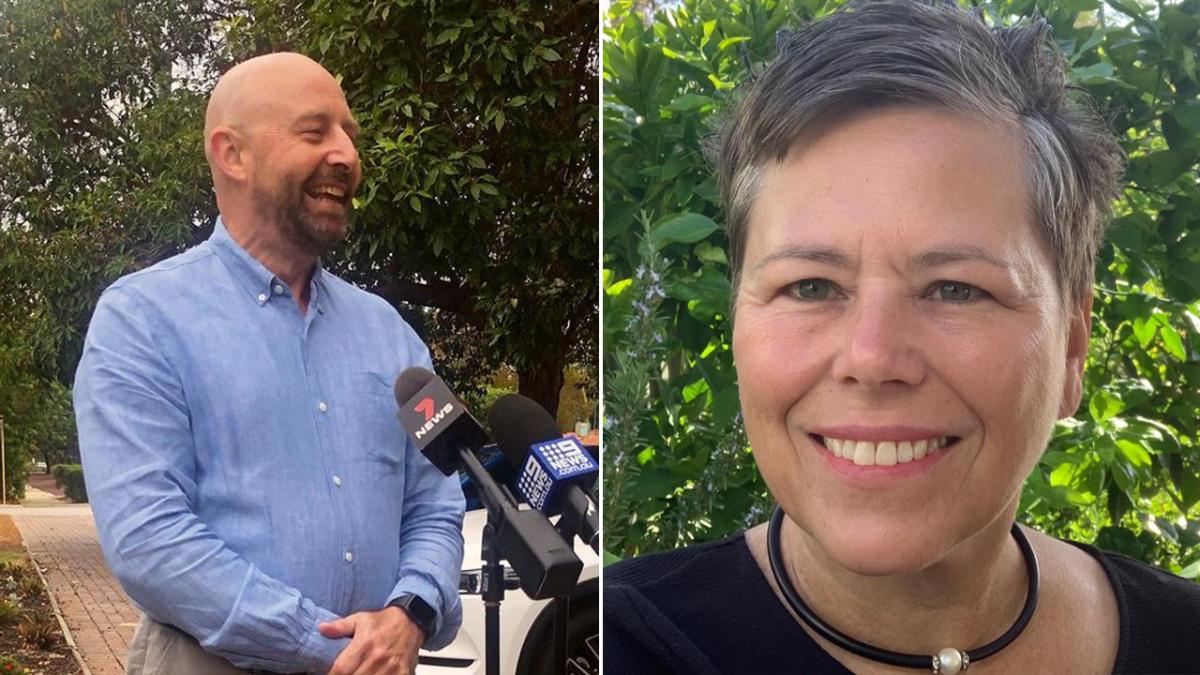
The upper house results of the Western Australian election have finally been counted, and it turns out two candidates from the Legalise Cannabis WA Party managed to get elected. Sounds good, right? Not necessarily.
Many people would agree that legalising weed – regardless of whether it’s for medicinal or recreational purposes – is a good thing. In fact the party itself admits that cannabis legalisation is its only actual policy.
“We don’t have other firm ‘policies’ because we don’t expect to hold the majority in government,” its website reads.
“The best we can hope for is a seat or two on the cross-bench.”
That’s exactly what they’ve ended up with, funnily enough.
Part of the party’s legalisation platform includes expunging previous criminal records related to weed (which we know disproportionately affects Aboriginal and Torres Strait Islander people) as well as regulating the market so everything’s above-board. It all sounds pretty reasonable and the major parties would do well to take note.
https://www.instagram.com/p/CNUWCjgB51j/
It’s just a shame that hardly anyone actually voted for the Legalise Cannabis WA Party, then.
The two new pro-weed politicians are Sophia Moermond in the South West region and Brian Walker in the East Metropolitan region. For non-Westralians, each individual region in the state’s upper house has six seats up for grabs.
Moermond won with just 4,188 first-preference votes, when the quota to win her seat was 28,322 votes. Thanks to preferences, she beat candidates from more-established parties which had up to twice as may first-preference votes such as The Greens and the Shooters, Fishers and Farmers.
Walker won with just 8,326 first-preference votes, when the quota to win his seat was 47,854 votes. Even though the Liberal Party got over five times as many votes in that region, both parties ended up with one seat each out of the six up for grabs in the East Metropolitan region.
Final Legislative Council results. Labor has won a majority for the first time in history. Daylight Saving Party won a seat despite minimal support, and Legalise Cannabis more seats than the Greens with less than a third of the vote. https://t.co/7NilZsTzjL #wapol #wavotes pic.twitter.com/yqFm9LBpDk
— Antony Green – elections (@AntonyGreenElec) April 6, 2021
If we look at the statewide results, the Legalise Cannibis WA Party won twice as many upper house seats as the Greens, despite getting less than half as many votes as the Greens.
So how did one tiny, little party manage to usurp the bigger players which easily got more first-preference votes? The answer is preference deals.
In Western Australian state elections, it’s still possible to just vote 1 for one party in the upper house. In federal elections and many other state elections, you have to at least number a handful of preferences yourself.
But if you don’t choose to do that in Western Australia, your preferences will flow to the parties nominated by your first choice.
In comes so-called “preference whisperer” Glenn Druery, who is paid by the micro parties to set up an elaborate system whereby a tiny amount of votes for heaps of different minor parties can sometimes snowball into a significant amount of votes for one of those same parties.
In this case, votes from a bunch of random, single-issue parties like the No Mandatory Vaccination Party (which is exactly what it sounds like), the WAxit party (ditto) and the Daylight Saving Party ended up helping the Legalise Cannabis WA candidates cross the line.
Speaking of the Daylight Saving Party, one of their candidates actually won an upper house seat in the Mining and Pastoral region with just 85 first-preference votes. The National Party got 4,795 first-preference votes in the same region, but alas, no seat.
Of course, there is an argument that someone who votes for a micro party might prefer literally any other micro party to win, out of principle, against the major parties.
But there also comes a point when the policies of said micro party start to align more closely with the major parties than with any of the other micro parties that are still in the running to win a seat.
No, it shows how parties don’t need to campaign, they just need to do exotic group voting ticket preference deals. Neither Legalise Cannabis nor the Daylight Saving Party would have won in the Senate because voters control preferences in the Senate, not parties.
— Antony Green (@AntonyGreenABC) April 6, 2021
As Australia’s favourite psephologist Antony Green has repeatedly said on Twitter, “voters should decide preferences, not parties.”
“This is all about the rotten group voting ticket system producing results that would be impossible if voters gave their own preferences,” Green added.
In the end, the two incoming Legalise Cannabis politicians will probably do a decent job if their party platform is anything to go by.
But at the next election, the same intricate tapestry of micro party preference deals could end up electing someone more dangerous from a more radical fringe party, and do so at the expense of more established candidates with way more first-preference votes.



